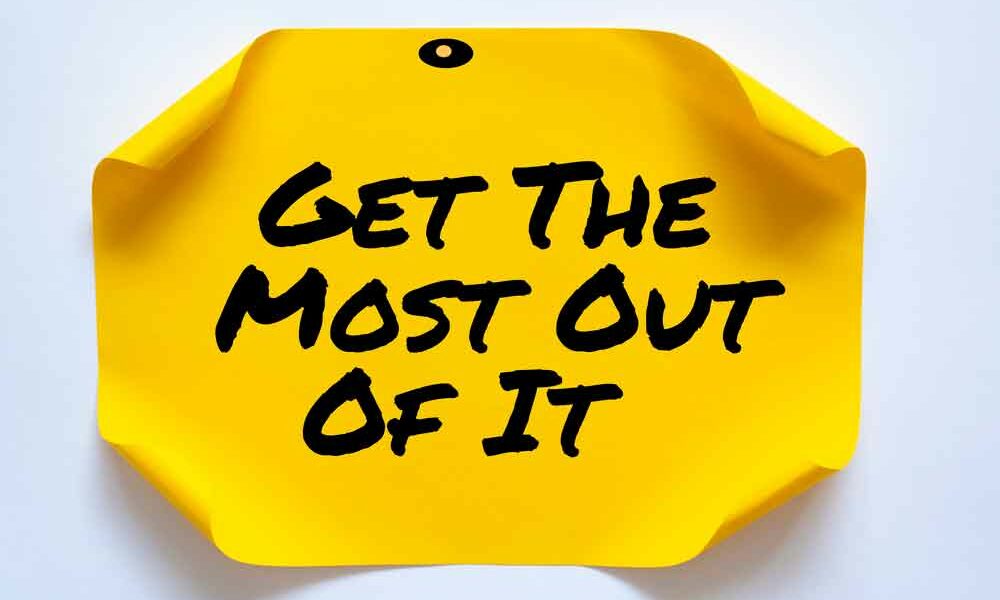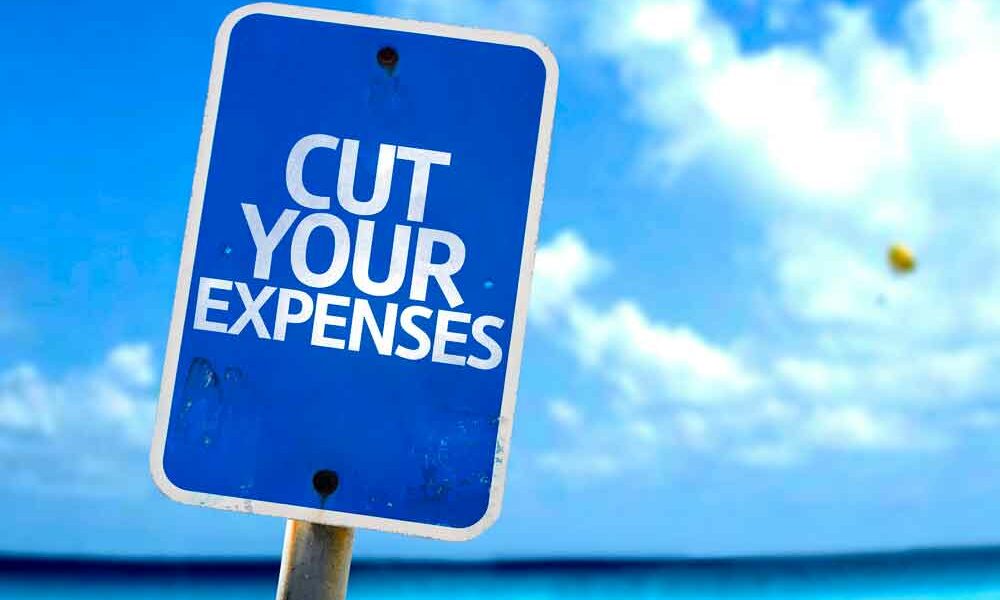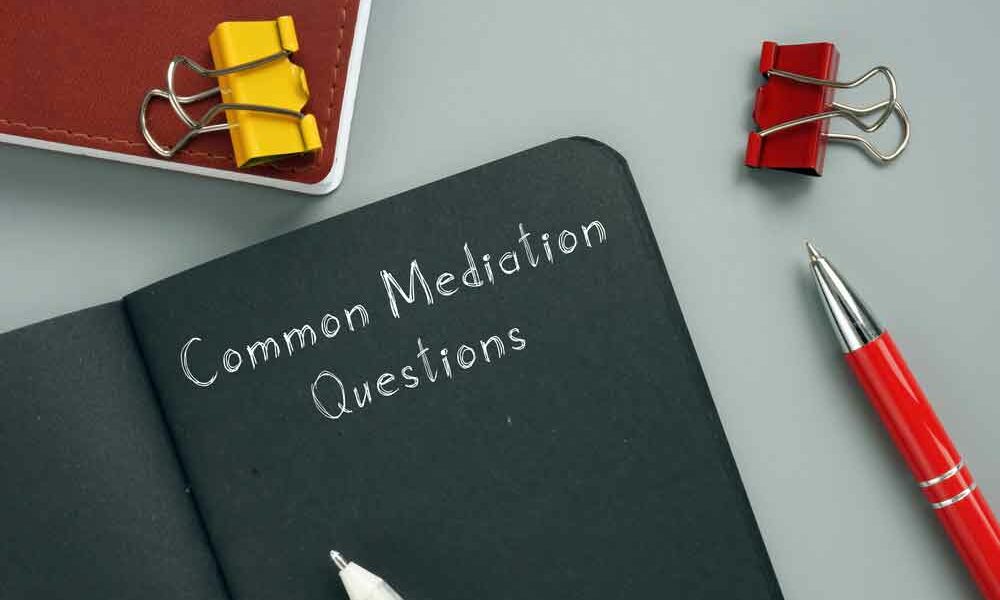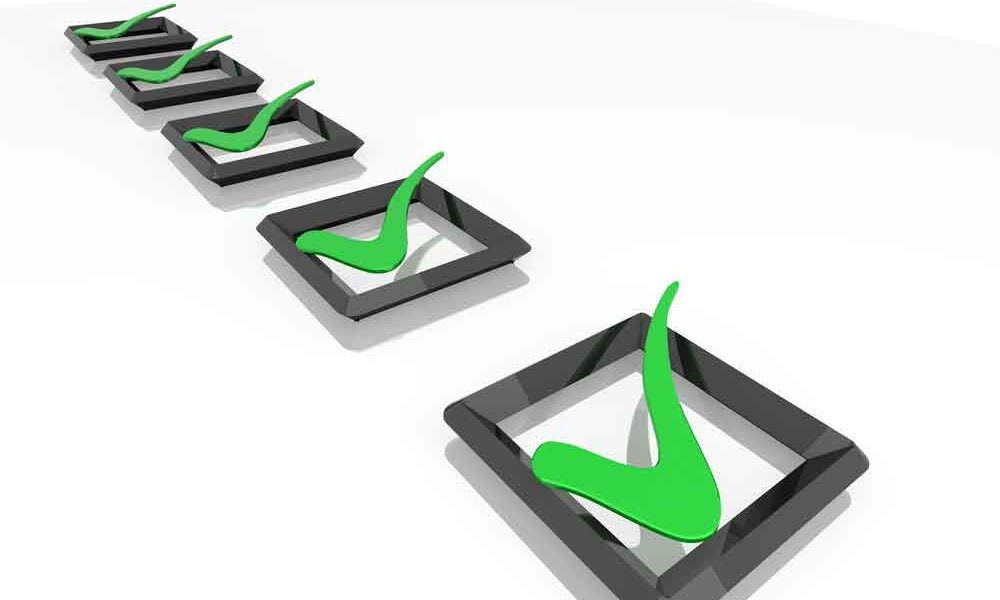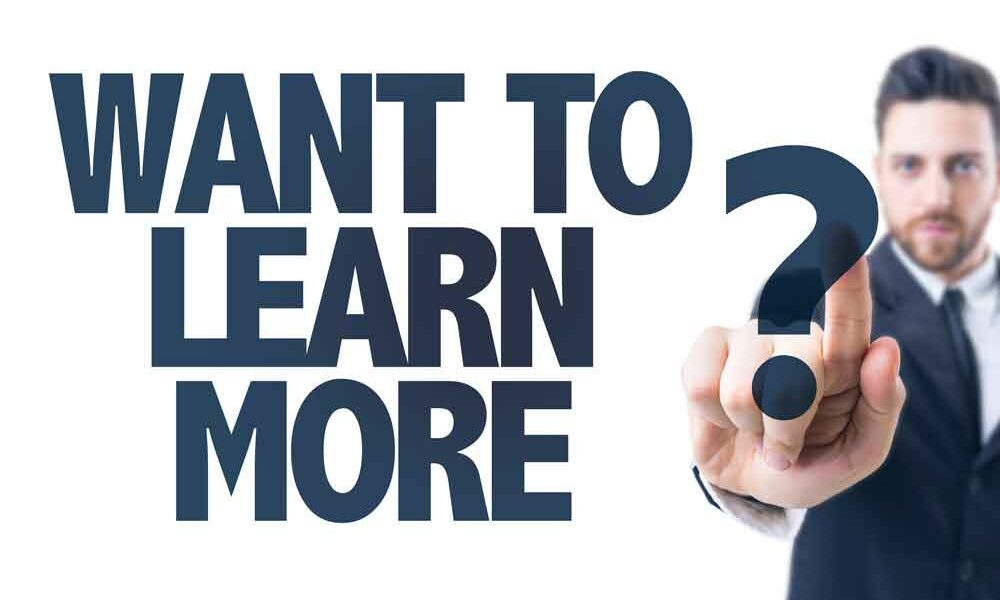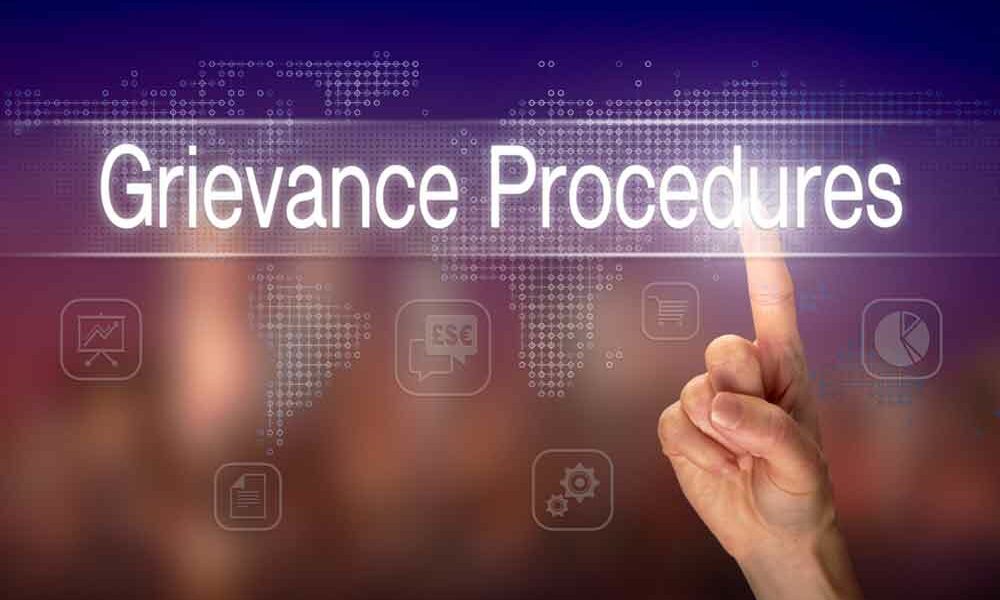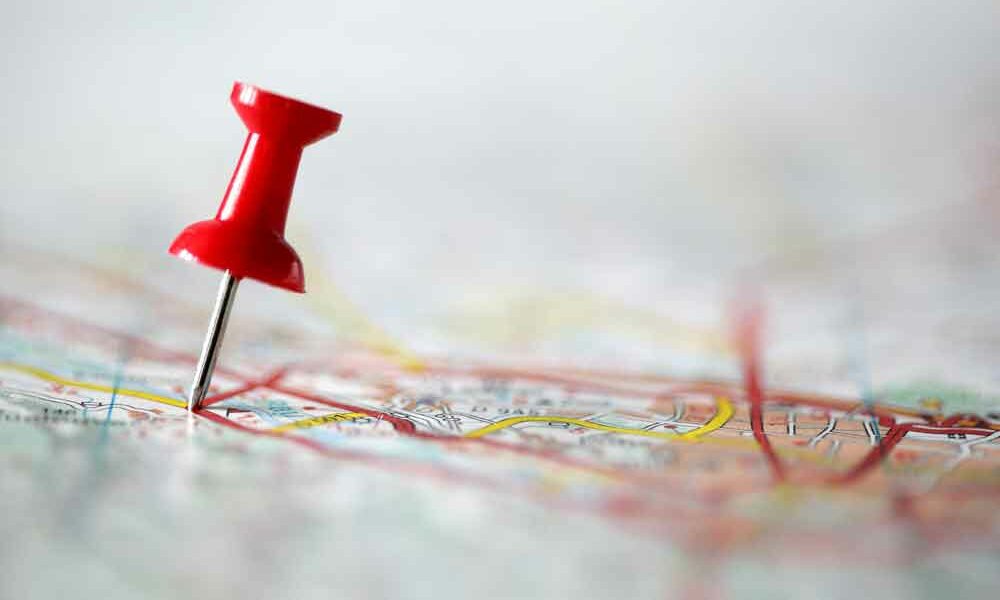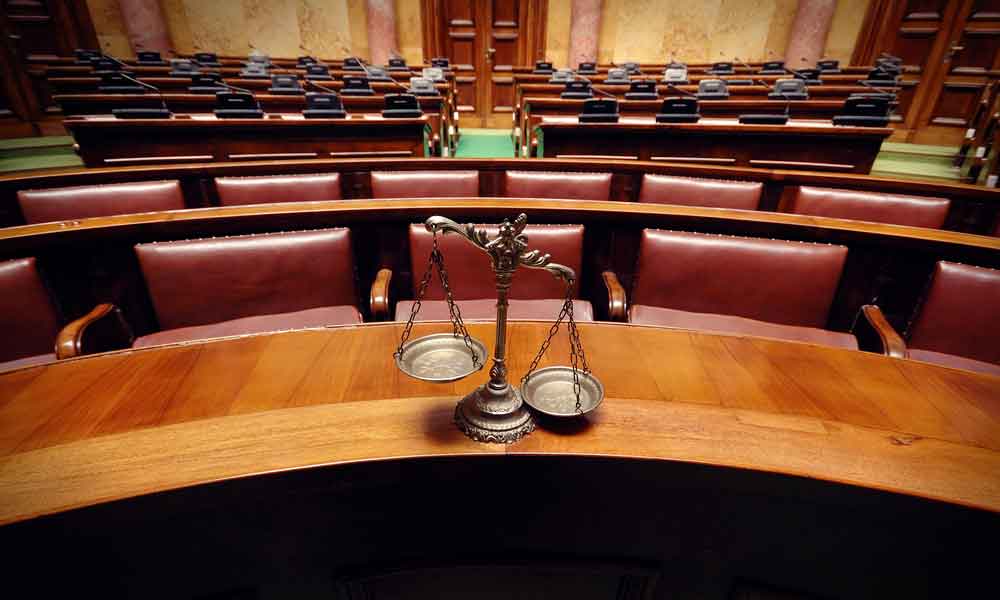ADR
How to Get the Most Out of Mediation
Mediation is a process in which the parties discuss ways to settle their disputes under the guidance of a mediator. A mediator is a neutral third party who is usually a lawyer with special training in mediation and dispute resolution. At mediation, each party has the opportunity to discuss his or her side of the…
Read MoreDocuments for Family Financial Mediation
Documents that can be helpful in a mediation meant to resolve issues surrounding the financial aspects of a marriage and divorce, below is a list of things that can be helpful. Generally speaking, divorce can be overwhelming without the pressure of being super organized. It is not imperative to have all of the noted documentation…
Read MoreHow Mediation Can Reduce Your Legal Expenses
Over the past two decades, countless people with legal disputes have increasingly turned to mediation to resolve their conflicts. Mediation has proven to be an effective means of resolving a wide array of legal disputes, including divorce and family related matters, business, contract, and real estate disputes, and personal injury matters. There are many reasons…
Read MoreCommon Mediation Questions
What Is the Difference between Mediation and Arbitration? The primary distinction between mediation and arbitration is that, in mediation, the mediator works with the parties to help them reach an agreement regarding the issues in dispute, whereas in arbitration, the arbitrator makes a decision for the parties after each party has had the opportunity to…
Read More10 Advantages of Choosing Mediation to Resolve Your Dispute
Mediation has proven to be one of the most effective methods of resolving legal disputes outside the courtroom. In mediation, the parties meet with a neutral mediator, who is usually an attorney with special training in conflict resolution. The mediator works with the parties to facilitate resolution of the issues in dispute. There are many…
Read MoreWhere can I learn more about mediated settlement?
The Commission invites you to visit its website at www.ncdrc.org or call (919)890-1415 for more information. Source: North Carolina Dispute Resolution Commission pamphlet “Mediated Settlement Conferences in Equitable Distribution and Other Family Financial Cases” Attribution: North Carolina Dispute Resolution Commission
Read MoreWhat if I have a complaint about my mediator’s conduct?
You may address your concerns to the mediator in the hope that they may be resolved amicably. You or your attorney may also file a complaint with the NC Dispute Resolution Commission which regulates mediator conduct. You may contact the Commission at (919)890-1415. Source: North Carolina Dispute Resolution Commission pamphlet “Mediated Settlement Conferences in Equitable…
Read MoreWhat if I am unwilling to agree to the terms discussed at mediation?
Not every dispute can be settled at mediation. If an agreement cannot be reached, your case will proceed to trial in due course. The judge will not be informed about the particulars of your mediation conference or told why the case did not settle. Source: North Carolina Dispute Resolution Commission pamphlet “Mediated Settlement Conferences in…
Read MoreWhere will my mediated settlement conference be held?
Your conference may be held in the courthouse or in some other public building. It could also be conducted in the law office of one of the attorneys involved in the case or at the mediator’s office. Source: North Carolina Dispute Resolution Commission pamphlet “Mediated Settlement Conferences in Equitable Distribution and Other Family Financial Cases”…
Read MoreWhat if I prefer to go to trial and do not want to mediate my case?
Once your case has been ordered to mediation, you and your attorney must participate. However, if you believe there is some compelling reason why your case should not be mediated, you may ask the Court to rescind its order. However, do not be too quick to reject the mediation process. Even in cases where parties…
Read More
